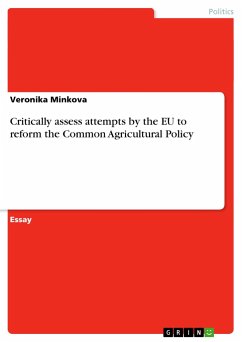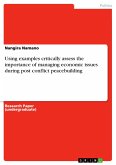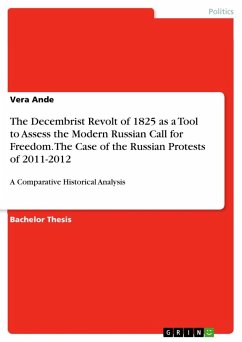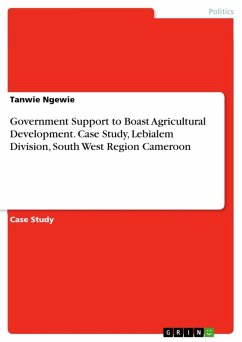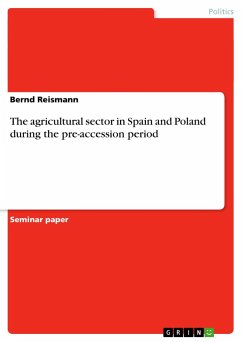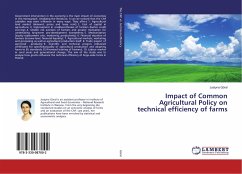Essay from the year 2010 in the subject Politics - International Politics - Topic: European Union, grade: 1,7, King`s College London, language: English, abstract: The Common Agricultural Policy (CAP) has been the centre of controversy throughout its history and has proven highly expensive and difficult to reform. The CAP remained almost entirely unchanged from its establishment at the Stresa Conference in July 1958 during more than 30 years and then was substantially reformed between 1992 and 2003. For many years with the status of the only common European Community policy governed by EU institutions, CAP is predisposed to complexity, which stems from the original policy design. Chapter 3 seeks to answer the question: 'What was the motivation for setting up the initial CAP design', which can give insight of the reform steps in the light of the initial policy base. By taking account of the context in which the CAP is implemented, namely the European integration, domestic developments and exogenous factors, Chapter 4 attempts to grasp the dynamics of the three major CAP reforms: MacSharry reform, Agenda 2000, and Fischler reform. The next chapter identifies the determinants of CAP reform. In line with the historical institutionalist perspective, Chapter 6 discusses causes for path dependence and policy feedback mechanisms. Finally, in regard to the growing use of the notion 'European agricultural model', the final chapter answers the question of whether the subsequent CAP reforms led to a policy paradigm shift.
Hinweis: Dieser Artikel kann nur an eine deutsche Lieferadresse ausgeliefert werden.
Hinweis: Dieser Artikel kann nur an eine deutsche Lieferadresse ausgeliefert werden.

